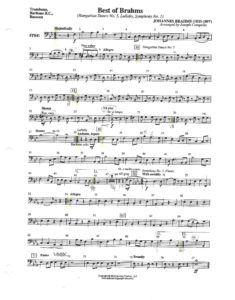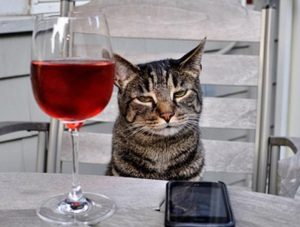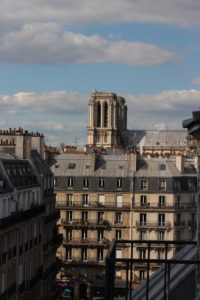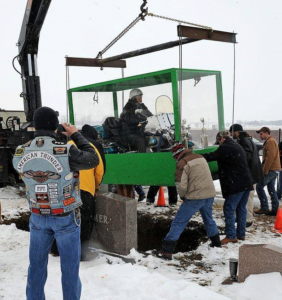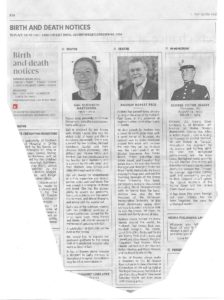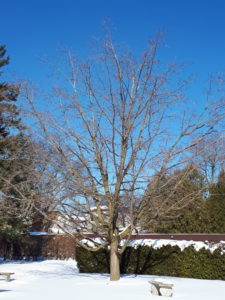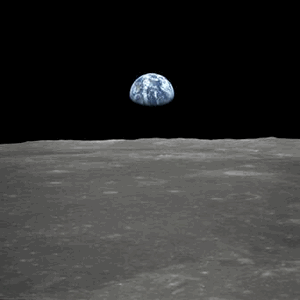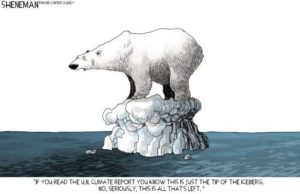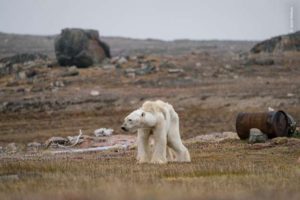August 9: I’ve said several times in these pages that travel is an adventure, and my first day here in Germany was an adventure from start to finish.
The journey started with the trip to Pearson airport which took longer than the slog through security and getting on the plane. The flight was 7 hours of uneventful tedium and we arrived in Frankfurt just as the sun was coming up. I took a local train to the main station in downtown Frankfurt. Although I debated stopping here to explore a bit and perhaps get a SIM card for my phone, the shops would not open for a couple of hours so I decided to press on to Heidelberg.
I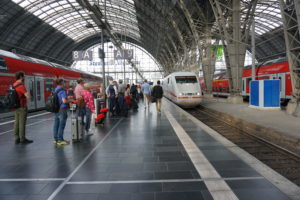 nterestingly, it seems that Heidelberg can’t be reached by one train; you have to pass through other cities and transfer between trains. I inquired at the Deutch Bahn (DB) counter and was given a route through Mannheim. Ticket in hand, I hopped on the train waiting at the appropriate track, but the destination sign seemed wrong, so I asked a fellow passenger if it was the right train. He consulted an app and found that the correct train was delayed and on a different track, so I got off and went back the DB to confirm which train to take.
nterestingly, it seems that Heidelberg can’t be reached by one train; you have to pass through other cities and transfer between trains. I inquired at the Deutch Bahn (DB) counter and was given a route through Mannheim. Ticket in hand, I hopped on the train waiting at the appropriate track, but the destination sign seemed wrong, so I asked a fellow passenger if it was the right train. He consulted an app and found that the correct train was delayed and on a different track, so I got off and went back the DB to confirm which train to take.
A different guy at the counter scratched his head for a while and then directed me to yet another train – also to Mannheim – leaving in 10 minutes. It was the German equivalent of TGV called ICE, and in 35 minutes, I was standing on the platform in Mannheim. I found the local train to Heidelberg and hopped on. A few moments later there was a quick announcement in German and several people got off. Something seemed odd, so I too got off, only to watch the front half of the train depart for Heidelberg. I have no idea where I would have gone had I stayed on the back half….
After standing in line at the DB counter for 20 minutes, I was told that the ticket was still valid and that there was a train to Heidelberg in 2 minutes on Track 10. Out of the office, down the stairs, through the station, up the stairs to the platform and through the train doors with a loud crash just as they were closing. All while dragging a 20KG suitcase. Fellow passengers were alarmed and amused ….
I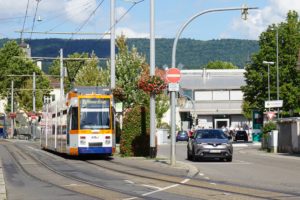 n Heidelberg I walked a very long way to find a store that carried an international SIM for my phone. It’s worth the effort – long distance calls to Canada at 5 centimes a minute. That accomplished, I walked still further to a stop for the tram that passes the hotel where I stay. It’s a very efficient and quick system using LRT-type cars in their own right-of-way downtown, or in mixed traffic where car volumes are low. If Heidelberg, a city of 150,000 can do this, why can’t Toronto?
n Heidelberg I walked a very long way to find a store that carried an international SIM for my phone. It’s worth the effort – long distance calls to Canada at 5 centimes a minute. That accomplished, I walked still further to a stop for the tram that passes the hotel where I stay. It’s a very efficient and quick system using LRT-type cars in their own right-of-way downtown, or in mixed traffic where car volumes are low. If Heidelberg, a city of 150,000 can do this, why can’t Toronto?
Exhausted and sodden with sweat, I arrived at the hotel around noon. An “eventful” journey with several challenges, but worth the effort. I learned some new things, gained resiliency, and recharged my reserve of patience and understanding. After a nap and a hot shower, as a treat before dinner, I had a cold glass of Riesling from a vineyard on the Rhine and thought about all the other adventures yet to come. Only one day but worth the journey.
